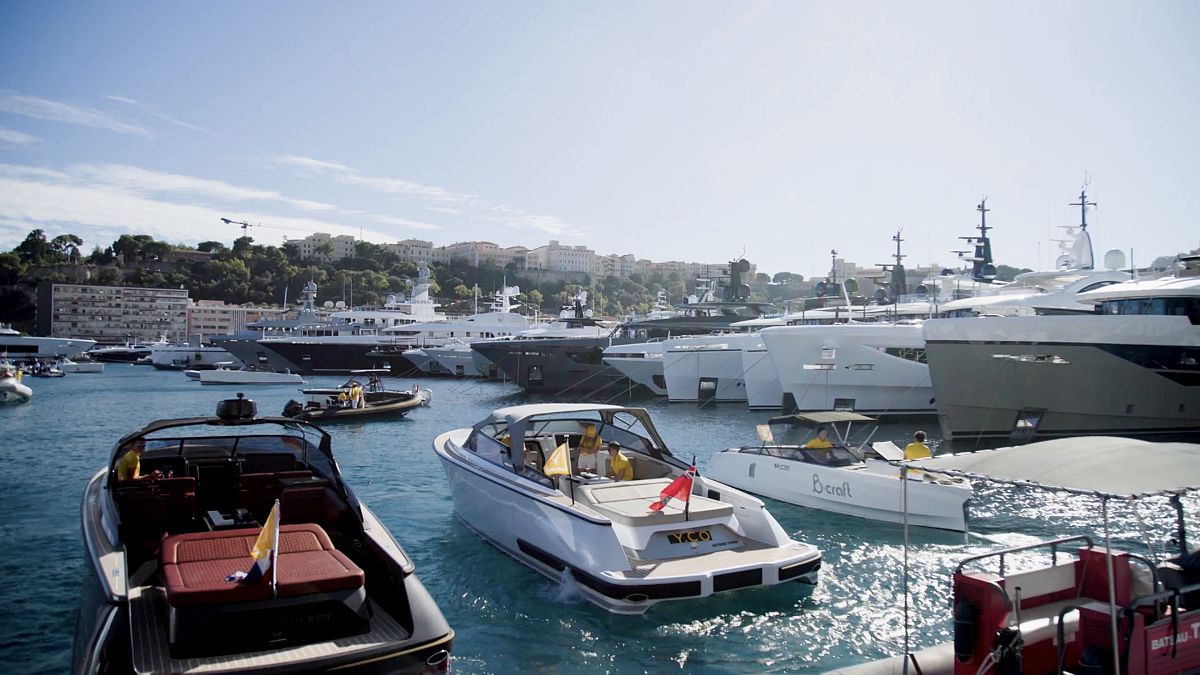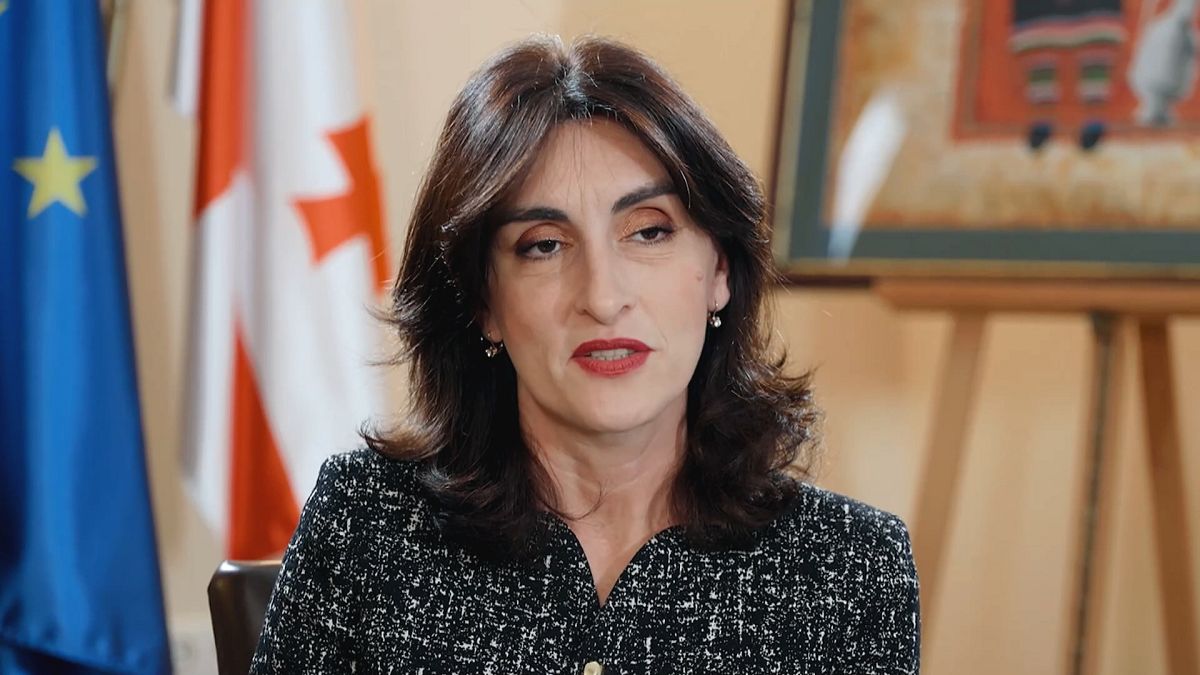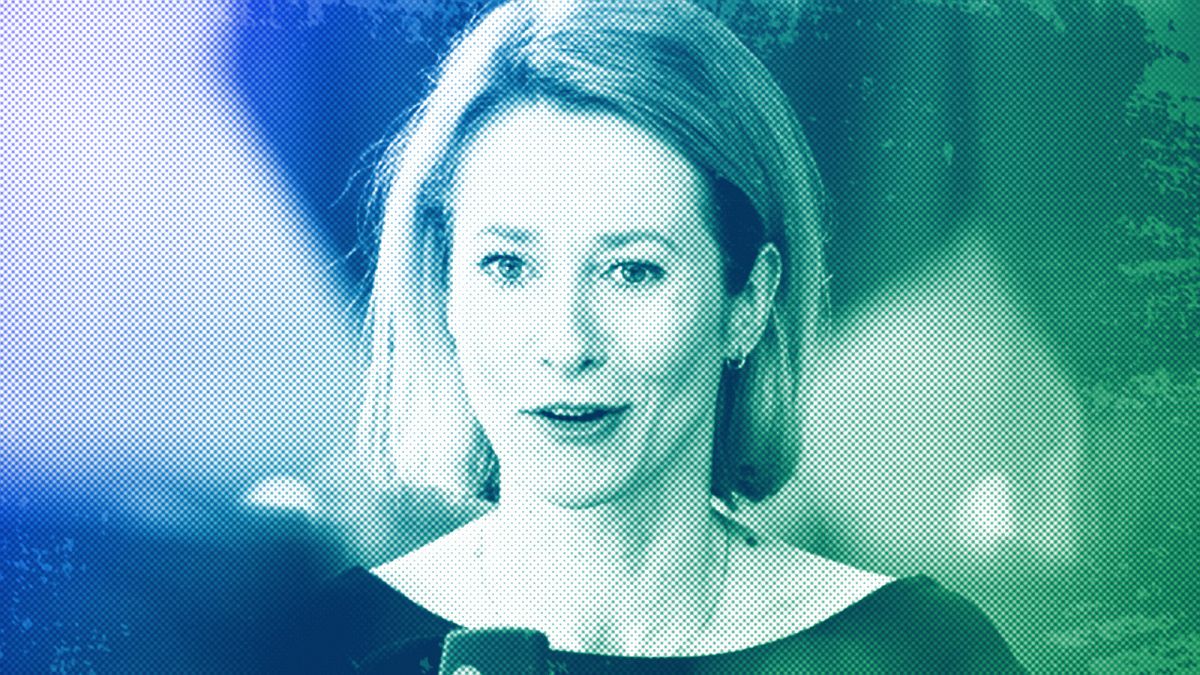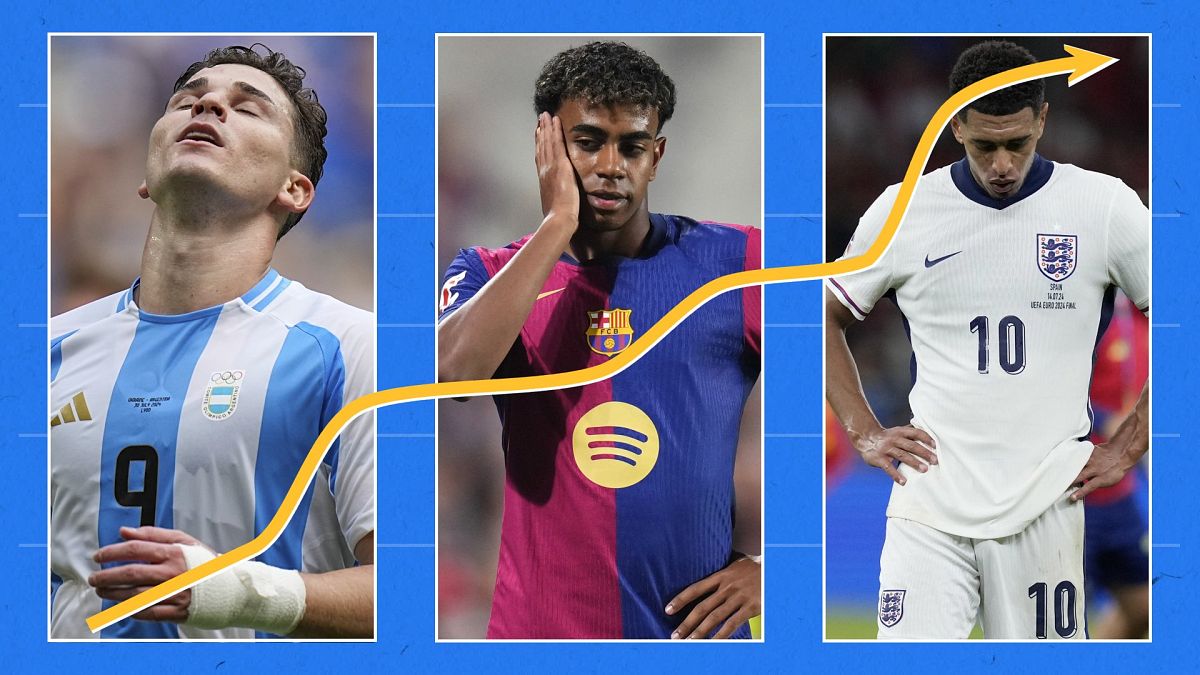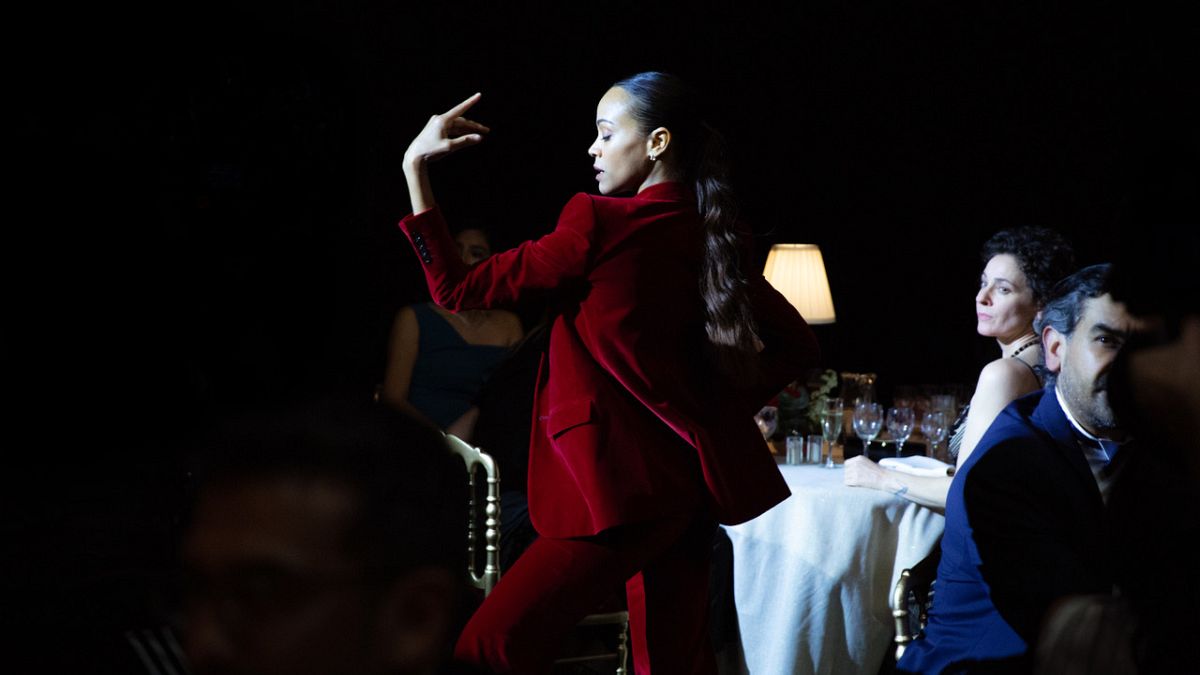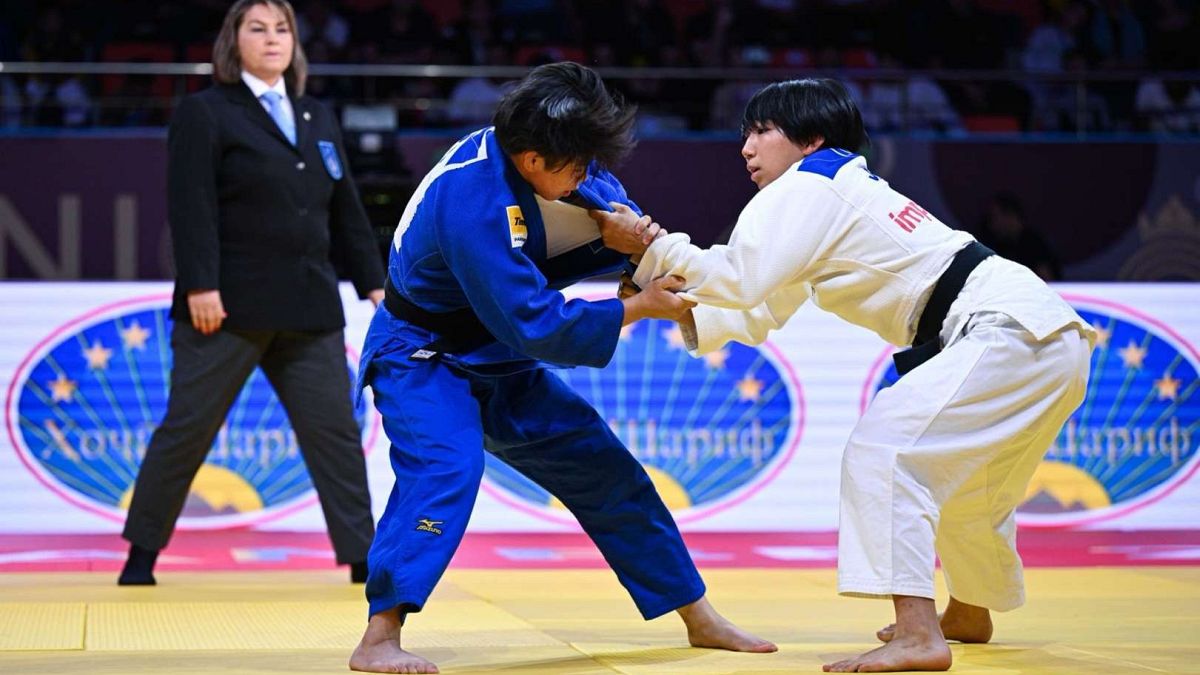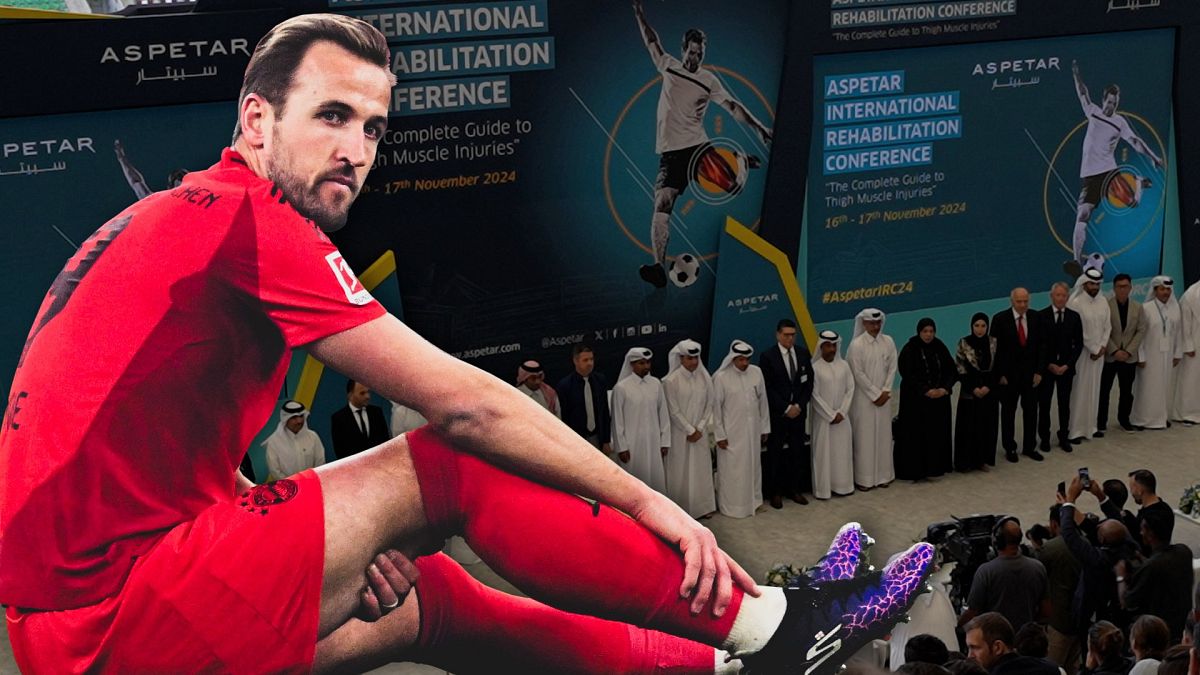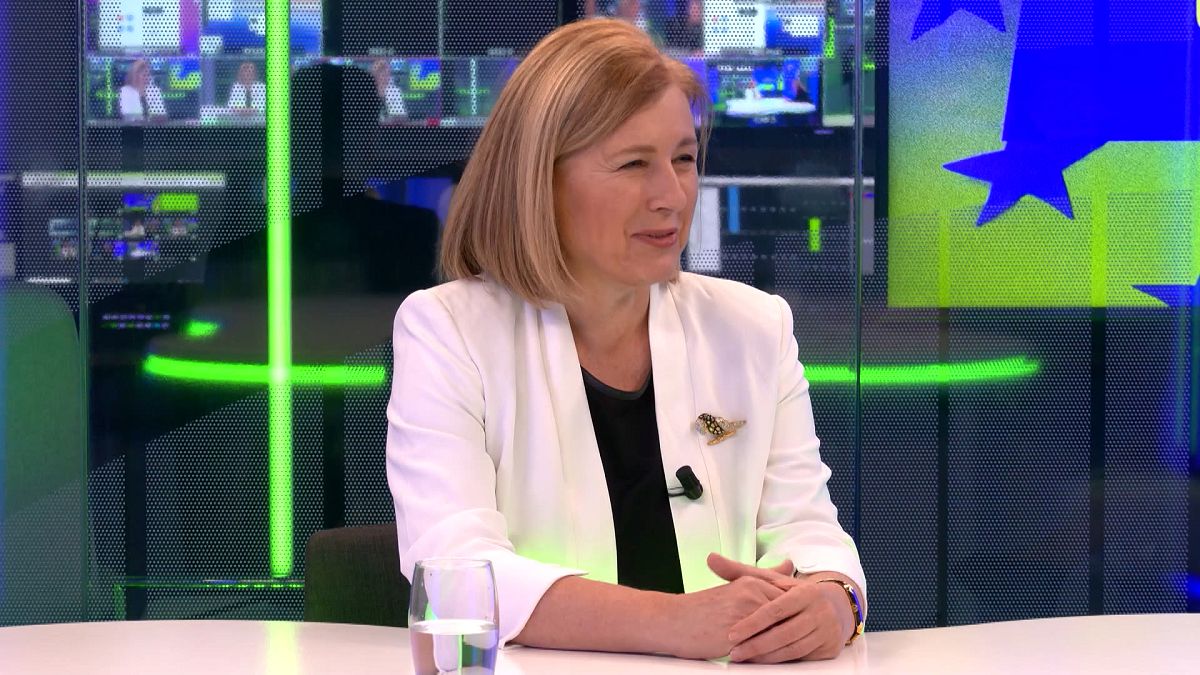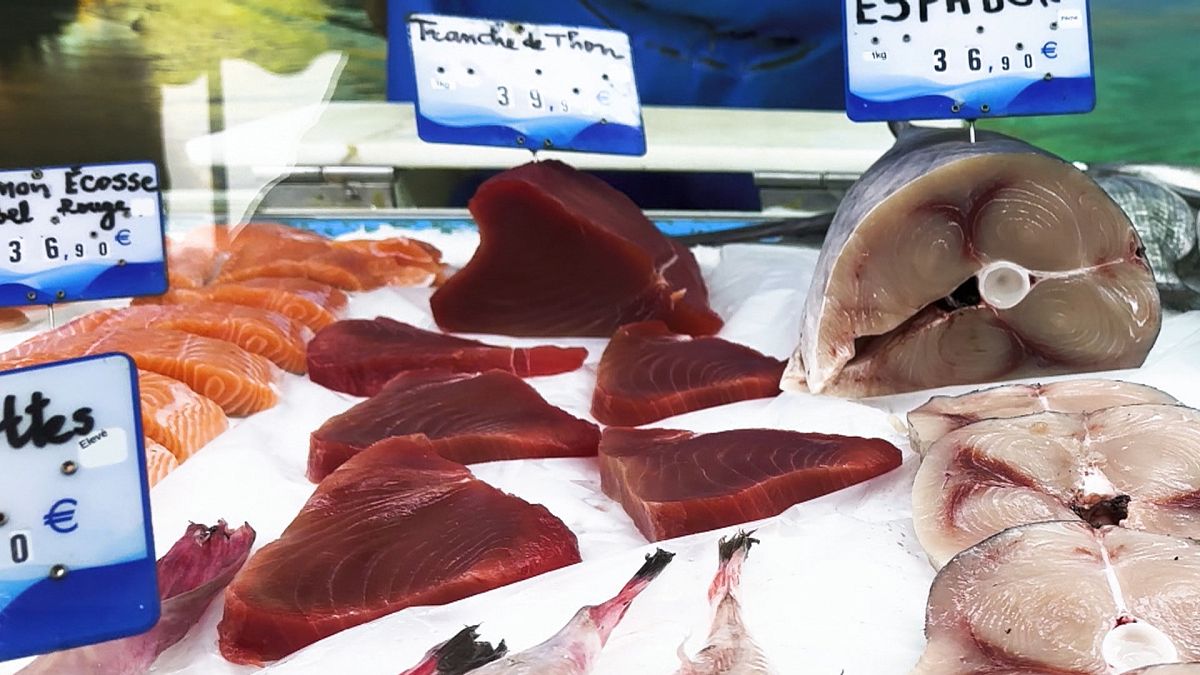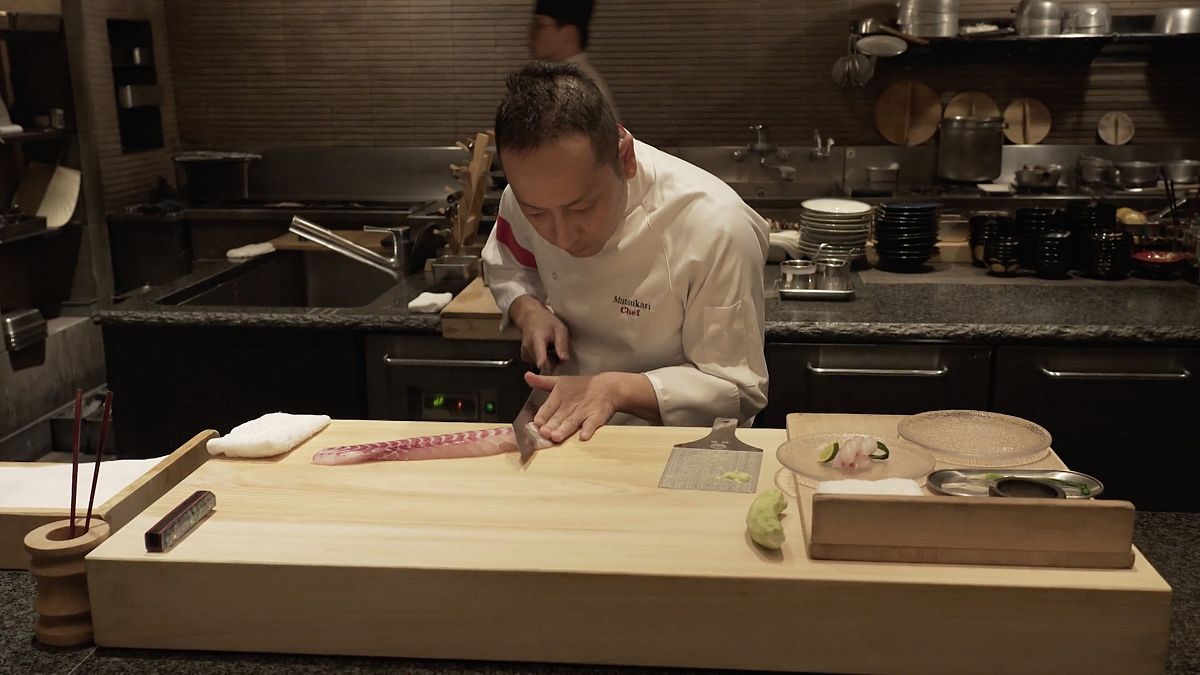‘What we have achieved in Europe is unique in history,’ says Greek PM
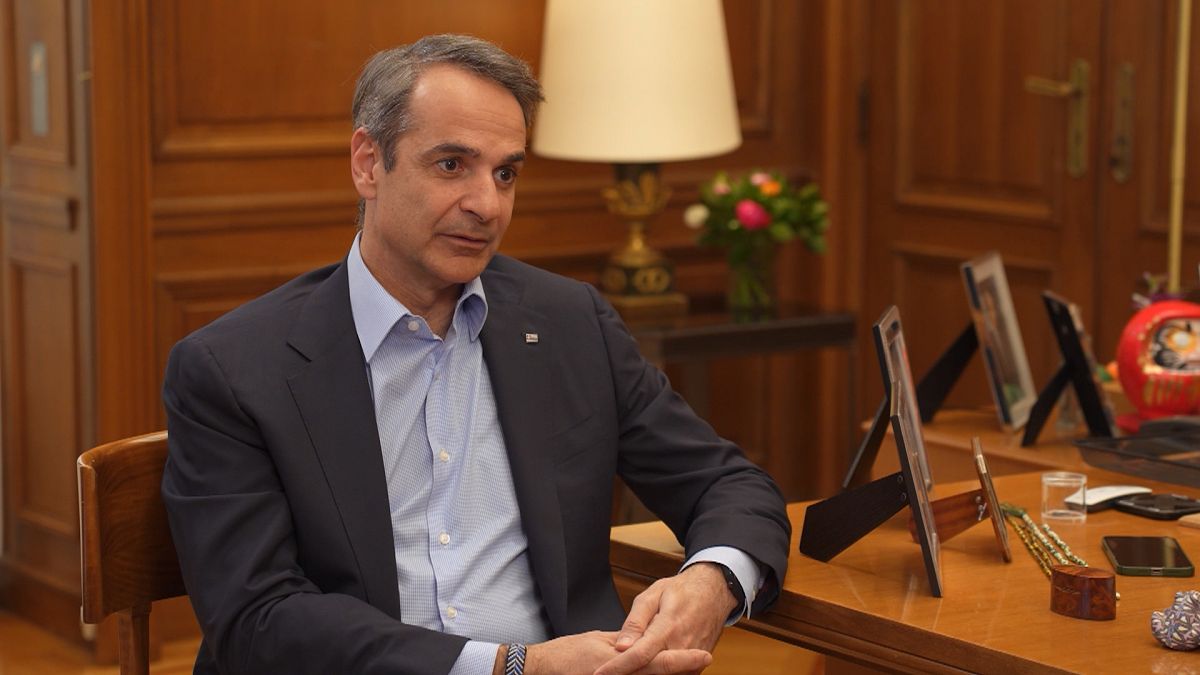
Euronews asks Kyriakos Mitsotakis, the Prime Minister of Greece, what’s at stake in the upcoming European elections.
The EU elections will take place in June, the first since the COVID-19 pandemic hit, Russia’s full-scale invasion of Ukraine began and the ensuing energy crisis sent member states scrambling for supply diversification.
Consequently, major changes are expected to be made to the policies governing defence, health, the climate and energy over the next five years.
In this episode of the Global Conversation, Euronews’ Nikoleta Drougka sits down with Kyriakos Mitsotakis, the Prime Minister of Greece, to find out what the EU elections will mean for Europe.
To watch the interview click on the video in the media player above or read in full below.
Nikoleta Drougka, Euronews: Prime Minister, thank you for having us. The European elections are less than three months away. What are the biggest challenges for Europe, in your opinion, and what are the stakes for this election?
Kyriakos Mitsotakis, Prime Minister of Greece: I think these are particularly important elections for Europe as a whole, given the broader economic and geopolitical context. They’re taking place in a very turbulent period with a war raging on our eastern flank, with a substantial humanitarian crisis unravelling in Gaza, as Europe is exiting from a very, very difficult five years.
I think it is also an opportunity for us to take stock of what we have achieved during the last European electoral cycle and to highlight the significant successes of the European Union.
Through the cooperation of all the institutions, we’ve been able to defend ourselves successfully against COVID-19. We set up the NextGeneration EU, which for countries such as Greece, has a particular importance in terms of helping us boost our growth and also facilitate the green and digital transition.
Nikoleta Drougka, Euronews: How concerned are you with louder and louder voices that are against Europe, anti-European voices?
Kyriakos Mitsotakis, Prime Minister of Greece: I think there will always be voices that challenge the successes of Europe and indeed some of the, I would say, complaints may be justified. But at the end of the day, if one looks at the overall picture, I remain firmly committed that the future of the European Union is bright and that Europe has been able to deliver for its citizens.
And that is why we need to make the case regarding what we have achieved, but also what we need to achieve going forward. Because as you look at the next electoral cycle and the big issues that we have ahead of us, the ones that I would personally highlight are three. First of all, the need to turn strategic autonomy from a slogan into a real and effective policy.
Look at defence, for example. We not only need to spend more on defence, but we need to coordinate our defence spending. The second challenge has to do with overall European competitiveness. How we can ensure that Europe remains competitive vis-a-vis China, the US and the Global South? This will mean better jobs and better-paying jobs for European citizens.
The third challenge is to be more specific and more sectoral. It has to do with agriculture and our farmers at a time when food security is very high on our agenda. We need to understand that some of the steps that we took over the past five years regarding the green transition have put much more pressure than maybe we even anticipated on our farmers and that we need to make sure that the green transition is executed at a speed that does not significantly impact the income of our farmers.
Nikoleta Drougka, Euronews: Would you say that maybe sometimes the biggest enemy of the EU is the EU itself?
Kyriakos Mitsotakis, Prime Minister of Greece: Look, there are 27 of us, and I’m talking about the European Council, which gathers numerous times a year in a room and we all need to agree by unanimity. This is a process that inevitably has to take time, and which also involves compromises and occasionally necessitates taking a step back to achieve the common European good.
That is the nature of the European Union. At the same time as we are contemplating European enlargement, we also need to look at ways of making our decision-making more effective. That is also going to be a complicated exercise because any change will again require unanimity and the agreement of all Member States. One needs to recognise that what we have achieved in Europe is unique in the history of the world.
We have voluntarily given powers to a supranational entity and we need to make this proper balance, between decision-making at the European and national level, work every day. But again, this is, in quotes, the “price” that we have to pay for us to also reap the benefits of participating in the European Union.
Nikoleta Drougka, Euronews: You mentioned something about Europe’s defence autonomy, as a challenge ahead. Would you also say that it should be the top priority, perhaps, of the next Commission and Parliament?
Kyriakos Mitsotakis, Prime Minister of Greece: Defence is existential as we realised after the war in Ukraine and maybe some countries believed that the peace dividend that occurred after the collapse of the Berlin Wall and the fall of the Soviet Union would last forever.
But that has proven to be a fallacy. We were never in that position because we always spent a significant amount on defence because of particular regional geopolitical challenges. But now we understand that we all need to step up to the plate and spend more, but also spend smarter, be more coordinated, streamline our defence procurement, and have maybe more European champions that can offer advanced defence solutions at a more competitive level than is currently the case.
Nikoleta Drougka, Euronews: Prime Minister, previously we have seen some EU Member States – Greece is not among them – struggle to convince their citizens to go and participate in the European elections. Why would you say, is it important for people to go out and vote?
Kyriakos Mitsotakis, Prime Minister of Greece: Because what happens in Brussels and because who represents us at the European Parliament matters. The decisions that are taken in Brussels and Strasbourg are very important for our everyday lives, and we need to send qualified people to the European Parliament.
At the end of the day, the European elections are about the European Parliament – to ensure that the Parliament will be comprised of representative European citizens and will bridge this gap between decision-making in Brussels and what the European people really want.
The European Parliament is the most democratic of all our institutions and that is why participating in the European elections is important. We are a staunch pro-European party, so you wouldn’t expect me to say anything else. And of course, we are doing our best to mobilise people and to ensure that what traditionally is a low turnout election is going to maybe defy the trend and have increased participation.
Source: Euro News


